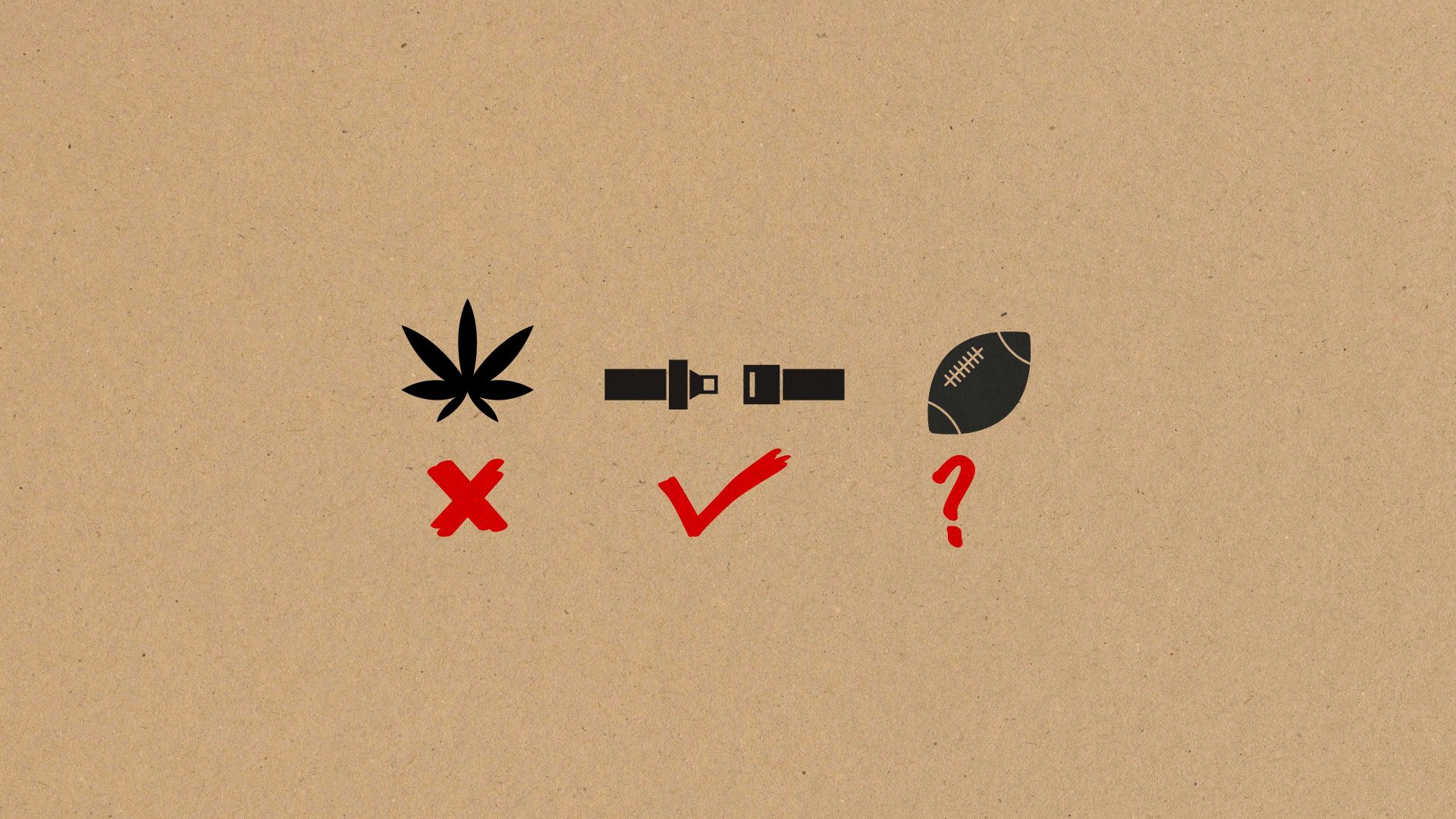Michael Gove accused Liz Truss of “taking a holiday from reality” when it comes to her plans for tax and spending. By the same token, both Truss and Rishi Sunak have completely checked out of the reality motel when it comes to solar energy.
As they’ve toured rural England, the Tory leadership candidates have vied with each other in their hostility to the technology, which currently produces just 2% of Britain’s electricity.
Truss told party members in Darlington: “I’m somebody who wants to see farmers producing food, not filling in forms, not doing red tape, not filling fields with paraphernalia like solar farms. What we want is crops, and we want livestock.”
Sunak meanwhile promised Telegraph readers that, under his leadership, Britain would “not lose swathes of our best farmland to solar farms”. He was committed to “making sure our fields are used for food production and not solar panels”.
Both candidates, in short, are making a simultaneous play for rural nostalgia and hostility to green energy, using arguments that fly in the face of facts.
First, solar farms – where arrays of photovoltaic cells convert the sun’s energy into electricity and channel it into the National Grid – take up just 0.1% of the UK’s land and 0.08% of the land in use.
Second, none of that land is “our best farmland”. English planning guidance states that, wherever possible, solar farms should be built on “previously developed land, brownfield land, contaminated land, industrial land, or agricultural land preferably of classification 3b, 4, and 5 (avoiding the use of ‘Best and Most Versatile’ cropland where possible)”.
While it’s not forbidden to develop solar farms on the “best farmland”, most developers do not want to, and planning authorities are encouraged to prevent it.
What’s true is that there is a massive pipeline of applications to build solar farms – more than 900 projects currently under consideration – because the government set a target of Britain generating 40 Gigawatts of electricity through solar by 2030. In March this year Kwasi Kwarteng (tipped for chancellor under Liz Truss!) tried to increase that figure to 50GW. At present, solar generates about 14GW.
But even if Britain reached 90GW of solar by 2050 – the target advised by the Climate Change Committee – industry sources calculate that would still only take up a maximum of 0.6% of the UK’s land. Which is less than that occupied by golf courses.
But the Tory anti-renewables brigade is on the offensive. Defra secretary George Eustice told parliament last month that even land classified as “3b” – explicitly permitted by the 2015 guidance – should be reclassified to forbid solar power.
That, say industry experts, would leave only the poorest grades of agricultural land available, most of which just happen to be in national parks, and thus off-limits.
Soon Truss’s holiday from reality will have to end. Throwing out insults at the entrepreneurs and – yes – farmers who have rapidly scaled up Britain’s solar capacity in the years since subsidies were withdrawn is the kind of thing you do if there are no civil servants to remind you of the facts.
If she’s serious, the UK’s entire renewables strategy – more vital than ever given the energy insecurity created by rising gas prices – would be in ruins. A long-crafted and bipartisan approach favouring a mix of offshore wind, solar and new nuclear as the path to British decarbonisation would be destroyed to appease – let’s be clear – not the farming community, but the Tory nimbies who live off their pensions in rural England.
One of the most ludicrous arguments Truss has advanced is that instead of solar, farmland should be used to grow maize for biofuels. There are already 93,000 hectares of land being used for this, which produce a grand total of half a Gigawatt. The same acreage of land covered with solar panels would produce 45GW – or half of our total needs to stop climate change.
Truss and Sunak’s fact-free posturing over solar, and the capricious attempt by Eustice to stop it on the only agricultural land realistically usable, speak to the nihilism of the modern right over climate change. They can accept the science. They just can’t accept that the actions we need to take might mean changing the lifestyles of the English upper-middle classes.
Wiltshire Tory MP James Gray summed up the attitude in parliament last month. Speaking of the batteries used to store solar power, he called them “horrible, industrialised containers that often take up an entire field. There are some safety risks attached to them, as they burst into flames from time to time… they are turning a rural area into an industrialised centre, which is really unacceptable.”
Maybe he’s never seen a wheatfield on fire. Or an industrialised dairy farm where hundreds of cows tread giant treadmills, generating thousands of litres of slurry to be spread over the green fields of England. Or an industrialised sugar beet operation?
What’s even more ludicrous about the Tories’ attitude is that the entire solar and wind sectors in the UK are the creation of the private sector, which responded nimbly to the ever-changing regulations and incentives and is now investing at massive scale. Worse, because of the plummeting cost of making the panels, and the soaring cost of gas and oil, solar is now the cheapest form of energy.
Tragically, Truss’s attitude means the Tory government is likely to stand in the way of the change needed to make renewables work. Her ally, Treasury minister Simon Clarke, tried to stop the outgoing Johnson government from giving permission to Sizewell C nuclear power station, arguing it would “limit Truss’s room for manoeuvre” over tax cuts, because it needs government funding. Tax cuts for the pensioners of Wiltshire are more important than the energy security of millions of Brits.
What solar, what developers need, above all, are connections to the National Grid – and a government prepared to regulate the grid to make this happen. Again, Truss is unlikely to prioritise that.
Climate change is happening fast. It’s making our food supplies more insecure and demands an urgent transition to net zero carbon. If the Truss administration sets out to destroy British solar, one of the most popular technologies with the public, it will be the ultimate act of vandalism for a party that no longer cares about the future.




